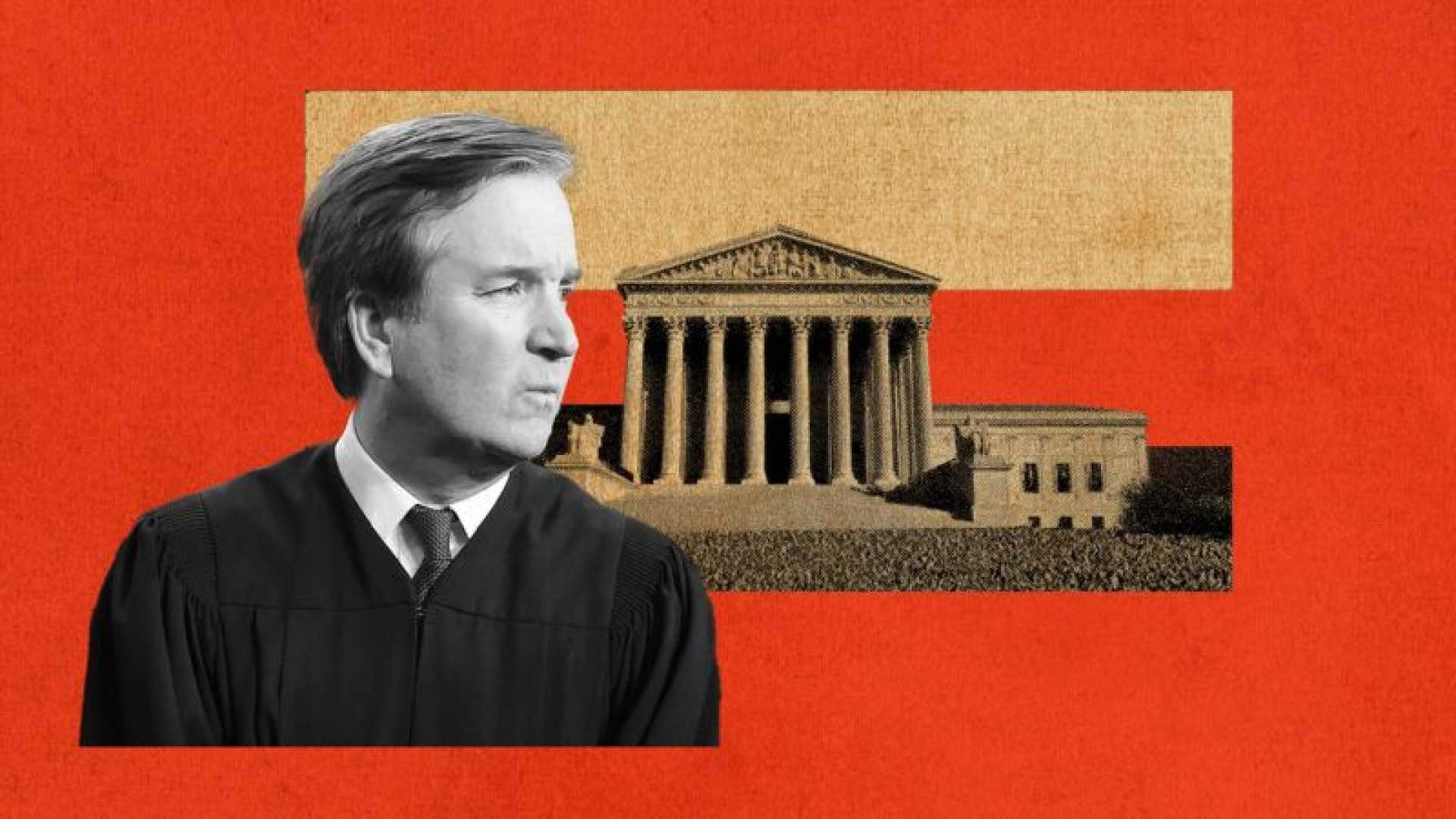News
Kavanaugh’s Comments on ICE Patrols Spark Civil Rights Backlash

Kansas City, Missouri — Justice Brett Kavanaugh‘s recent remarks suggesting that Americans can sue federal agents in court over excessive force are facing criticism from civil rights lawyers. These attorneys argue that, under the current conservative majority of the Supreme Court, it has become nearly impossible to win such cases.
On Monday, Kavanaugh wrote a concurrence in a ruling that allows the Trump administration to proceed with controversial immigration patrols in Southern California. He dismissed concerns regarding the aggressive actions of masked ICE agents — including incidents where they reportedly assaulted citizens. Kavanaugh mentioned, “To the extent that excessive force has been used, the Fourth Amendment prohibits such action, and remedies should be available in federal court.”
However, civil rights advocates note that the Supreme Court has severely restricted lawsuits against federal law enforcement in recent years. Patrick Jaicomo, an attorney at the libertarian Institute for Justice, stated, “It’s bordering on impossible to get any sort of remedy in a federal court when a federal officer violates federal rights.”
Lauren Bonds, executive director of the National Police Accountability Project, pointed out that finding an attorney willing to take on federal cases can be a major hurdle for victims of excessive force. “What we’ve seen is, term after term, the court limiting the avenues that people have available to sue the federal government,” she said.
Central to the Supreme Court’s recent rulings is the question of what constitutes “reasonable suspicion” for immigration officials to stop individuals on the street. A previous district court ruling indicated that stops based solely on apparent ethnicity or language were not justified; the Supreme Court’s recent decision effectively reversed this stance.
Justice Sonia Sotomayor penned a dissent, raising issues about the treatment of Latinos, including U.S. citizens, who have faced stops and searches by immigration officials without adequate reason. “The government, and now the concurrence, has all but declared that all Latinos… are fair game,” she said, emphasizing the potential for abuse by ICE officers.
In one incident outlined in court records, a U.S. citizen named Jason Gavidia was approached by masked agents and pressured about his citizenship status, leading to a violent confrontation. Sotomayor highlighted such experiences to advocate for more stringent protections against racial profiling.
Despite his comments suggesting legal remedies under the Fourth Amendment, experts question how this could be practically enforced. William Baude, a law professor, expressed skepticism, asking, “What remedies does Justice Kavanaugh believe are and should be available in federal court these days for excessive force violations by federal immigration officials?”
Kavanaugh’s remarks have entered a larger debate over immigration enforcement practices during Trump’s presidency, which have faced mounting criticism for their potential to infringe upon civil liberties. While Kavanaugh acknowledges the plight of many undocumented immigrants, he underscores the illegality of their presence under federal law.
As the legal battles surrounding these immigration policies continue, the implications of the Supreme Court’s decisions are being felt nationwide, raising important questions regarding civil rights and law enforcement accountability.












